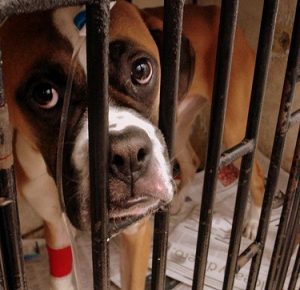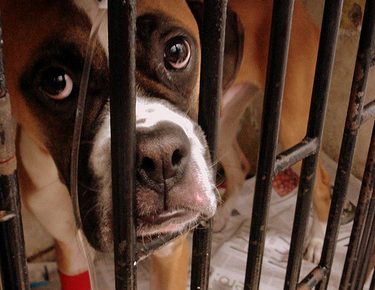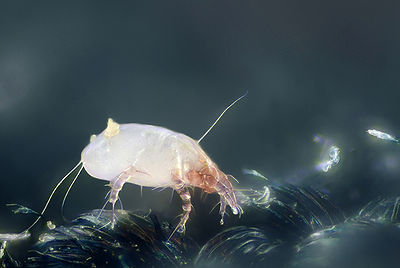Lymphoplasmacytic Rhinitis (LPR) is the most common inflammatory disease in dogs.
With LPR, the mucosal lining of the nasal passages become inflamed. Diagnosis is difficult as this is an idiopathic (of unknown origin) disease. Its causes can be varied and may include airborne allergens, nasal irritation through viral or bacterial infections, fungal irritants, immune-mediated, tumors or nasal polyps. Excessive amounts of mucous along with your dog’s inability to clear nasal passages can cause a secondary infection. One or both sides of the nose can be affected.
Symptoms are sneezing, nasal discharge, nose bleeds, reverse sneezing due to mucous in the throat, difficulty breathing which worsens when your dog is lying down. Dogs will sometimes rub their noses on an object or paw at the nose in an effort to clear the problem.
Your veterinarian will take cytology and fungal cultures of the nasal discharges as well as a nasal biopsy, x-rays of head and lungs, blood tests, possibly a CT scan or MRI for more detailed views.
Treatment for TPR may include antibiotics (sometimes long-term use), NAIDs (nonsteriodal anti-inflammatory drugs), anti-fungal medications, antihistamines, oral or inhalant steriods, inhalant glucocorticoids. Nasal drops or aerosols may help limit nasal discharges while keeping the nasal passages moist.
Please be aware that all these medications can have serious side effects and should be used carefully only under the supervision of your vet. Your vet will prescribe the treatment option that works best for your dog.
Since the underlying cause of LPR is not known, there is no one size fits all effective therapy established.



